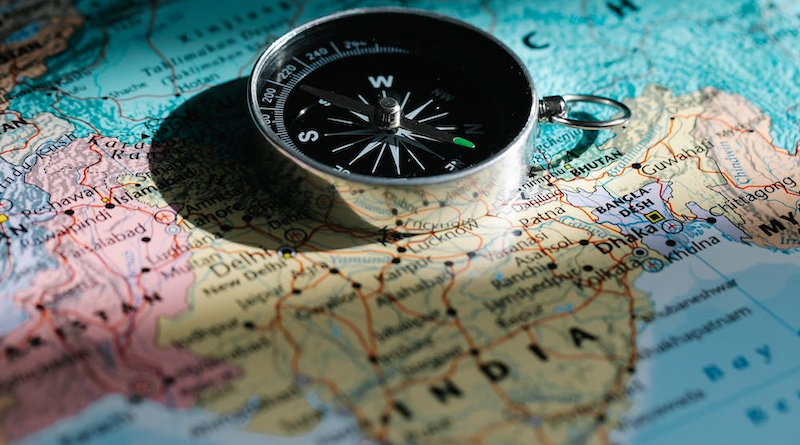Pakistan At Crossroads Of Asia: A Story Of Economic Ambitions And Obstacles – OpEd
By Awais Abbasi
Pakistan sits at the heart of a geopolitical tussle. Its location at the crossroads of Asia gives it an edge over its rivals, but also exposes it to their machinations. Many countries have tried to thwart its economic ambitions, but Pakistan has also shown signs of resilience and potential.
Pakistan borders China, India, Iran and Afghanistan, four countries that have a huge influence on regional and global affairs. It also has access to the Arabian Sea and the Persian Gulf, where much of the world’s oil and gas passes through. It is a key partner in China’s Belt and Road Initiative (BRI), a vast infrastructure project that aims to link China with Europe, Africa and the Middle East. The flagship of BRI is the China-Pakistan Economic Corridor (CPEC), which involves building roads, railways, pipelines and ports across Pakistan.
Pakistan’s strategic location makes it attractive for foreign investors who want to tap into its large and young population of over 200m people, its diverse economy that spans from agriculture to services, and its untapped natural resources that include coal, gas, oil, minerals and renewable energy. However, Pakistan also faces formidable challenges that hamper its economic development and stability.
One of them is India, its arch-enemy since partition in 1947. The two nuclear-armed neighbors have fought four wars and countless skirmishes over Kashmir, a disputed territory claimed by both. India opposes CPEC and tries to isolate Pakistan diplomatically. It has also accused Pakistan of sponsoring terrorism in India and Afghanistan.
Another challenge is Afghanistan, where Pakistan has a long and complicated history. Pakistan supported the mujahideen who fought against the Soviet invasion in the 1980s, and later backed the Taliban who took over Kabul in 1996. After the US-led invasion in 2001, Pakistan became an ally in the war on terror, but also faced accusations of playing a double game by sheltering some Taliban factions. Pakistan has hosted millions of Afghan refugees and has facilitated peace talks between the Afghan government and the Taliban.
A third challenge is Iran, with whom Pakistan shares a long and porous border. Iran is under sanctions imposed by the US and other western countries over its nuclear programme. Pakistan has tried to balance its relations with Iran and Saudi Arabia, which are rivals in the Middle East. Pakistan has also sought to cooperate with Iran on trade and energy projects, such as a gas pipeline that would link Iran’s South Pars field with Pakistan’s Balochistan province.
A fourth challenge is the macroeconomic crisis that has plagued Pakistan for years. Pakistan has suffered from low growth, high inflation, fiscal deficits, current account deficits, public debt and exchange rate volatility. It has relied on loans from the International Monetary Fund (IMF) and other multilateral institutions to stabilize its economy. It has also implemented painful reforms to reduce subsidies, raise taxes, cut spending and devalue its currency.
A fifth challenge is climate change and natural disasters, which have caused huge losses to lives, livelihoods and infrastructure. Pakistan is one of the most vulnerable countries to climate change in the world. It faces floods, droughts, heat waves and earthquakes that threaten its food security, water availability, energy supply and public health.
Despite these challenges, Pakistan has also shown some opportunities for economic growth and development. It has a demographic dividend that can provide a huge pool of human capital and consumer market if properly educated, skilled and employed. It has a diversified economy that can boost its exports and value addition. It has abundant natural resources that can enhance its energy security and industrial development. It has improved its governance and institutional reforms to attract Foreign Direct Investment (FDI). It has also participated in regional integration and cooperation initiatives that promote connectivity, trade and peace in Asia.
Pakistan’s economy is at the center of global economic powers and competing countries as its strategic location provides it a competitive advantage. But it also faces many challenges that hinder its economic progress and stability. To overcome these challenges and seize the opportunities, Pakistan needs to adopt a pragmatic and proactive approach that balances its national interests with regional and international realities.
Awais Abbasi is an independent researcher and holds a graduate degree in Political Science from the University of Bristol. He is currently serving as visiting fellow at the University of South Asia.

